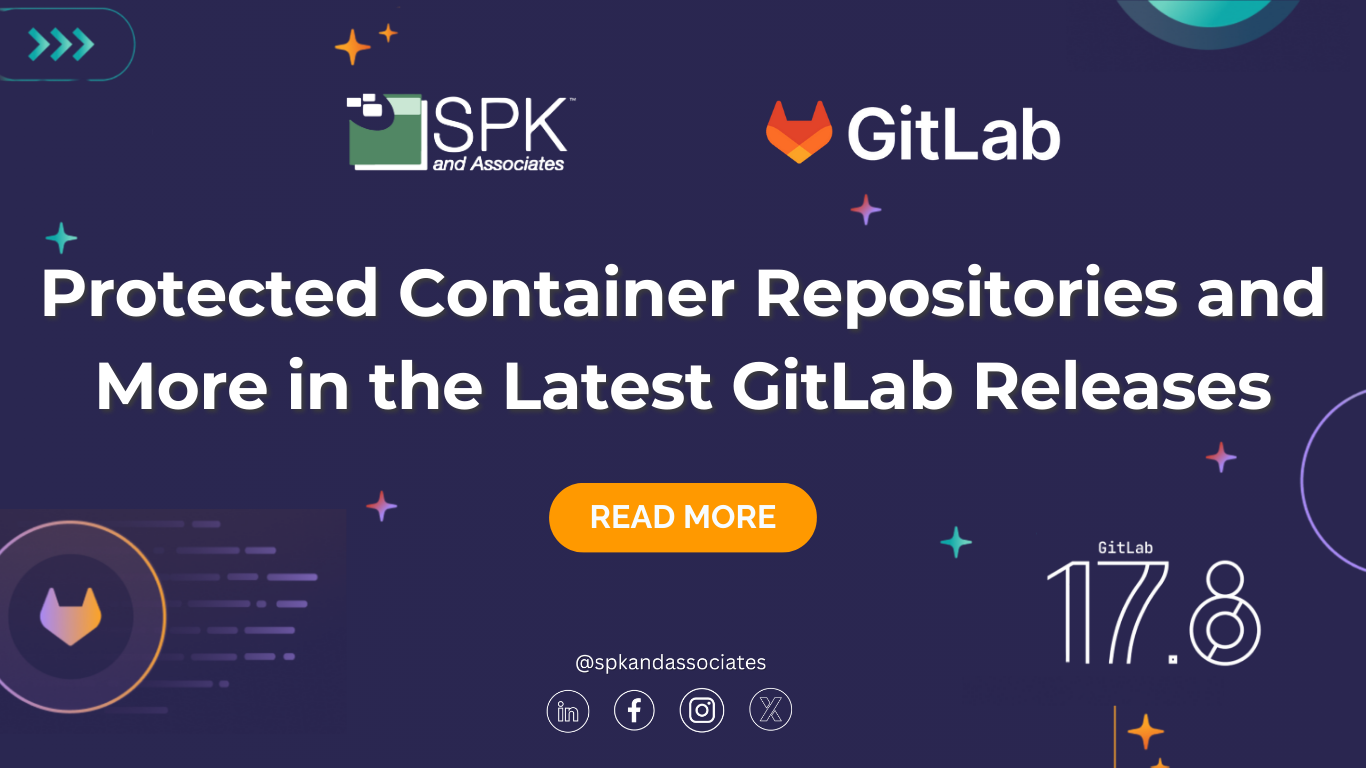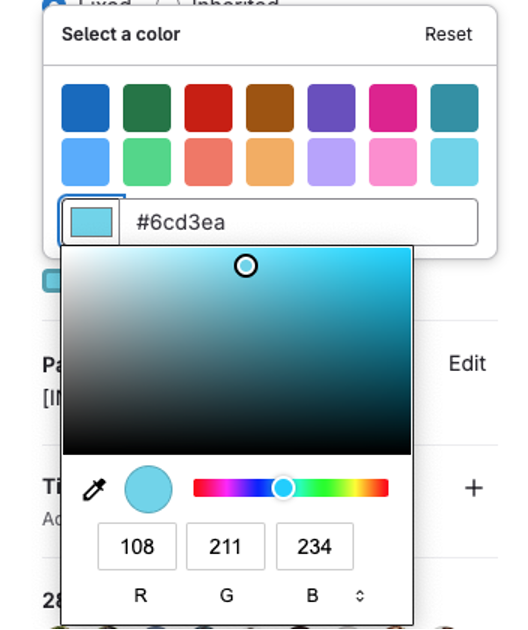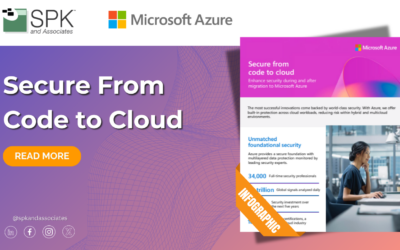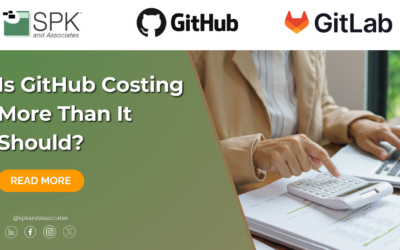GitLab has officially released version 17.8. This update offers significant enhancements across security, DevOps workflows, and machine learning capabilities. With over 60 improvements, this release further solidifies GitLab’s role as the most comprehensive AI-powered DevSecOps platform. The headline feature of this release is improved container repository security through protected container repositories. GitLab now allows stricter access control by setting minimum access levels for pushing container images. This provides deeper integration with GitLab CI/CD pipelines to prevent unauthorized actions. Let’s dive deeper into all the new updates across Gitlab’s free, Premium, and Ultimate versions.
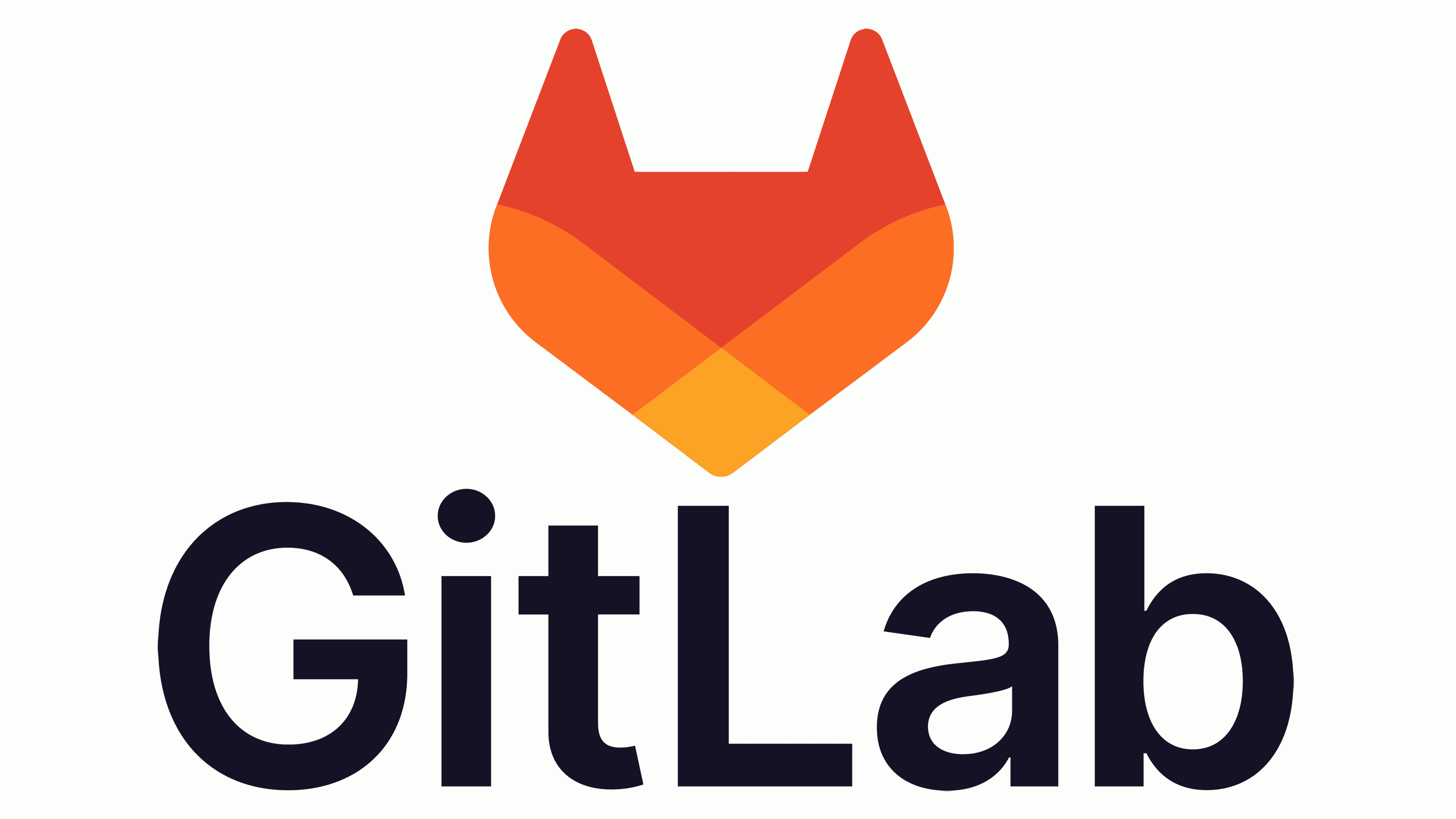
GitLab 17.8 Updates for All Offerings
GitLab 17.8 introduces several updates available to all users, regardless of their tier or deployment model. Teams can now view all deployments associated with a release directly on the release page. This offers greater visibility into CI/CD progress. For data scientists, machine learning model experiment tracking has reached general availability. Utilizing this feature, users can log experiment metadata directly into GitLab to improve reproducibility and data organization. Complementing this, the GitLab MLOps Python Client simplifies experiment tracking, model registration, and training run monitoring directly from code. It should be noted this feature is still in beta.
To enhance productivity, GitLab has improved its task tracking within issues and merge requests. This feature allows users to track multiple to-do items. SEO consistency for GitLab Pages has also been improved upon. Users can enable custom domains to redirect to a designated primary domain for SEO consistency. In addition to this, GitLab now supports protection rules for PyPI packages, enhancing registry integrity. Additional infrastructure and administrative enhancements include a new search bar in Kubernetes dashboards. This search bar helps users quickly locate specific pods. Furthermore, a “Paused” indicator now clearly identifies suspended Flux reconciliations. Finally, group-level settings now allow organizations to restrict project creation to users with the “Owner” role. This feature reinforces governance and control over project sprawl.

Available on All Tiers Only for Self-Managed Plans
Administrators can now set pipeline resource limits which were previously available only in Enterprise Edition. These pipeline limits are now available for all tiers under self-managed plans.
Updates for Gitlab Premium and Ultimate
GitLab 17.8 brings several enhancements to epic management and governance for Premium and Ultimate users. Teams can visually organize their work more effectively using customizable and pre-set colors for epics. Sprint planning is also streamlined with the new ability to display iteration fields on child items. This allows users to see relevant planning data directly within epics. Additionally, users can track time spent on epics. This new time-tracking capability provides greater visibility into how team workloads and capacity.
To support real-time workflows, GitLab now offers webhooks for epics. Webhooks enable instant integrations and automation triggered by changes to epic data. Developers also benefit from simplified code ownership with the ability to use role-based assignments in CODEOWNERS files. Examples of these roles include Developer, Maintainer, or Owner. Additionally, backend improvements to GitLab’s Compliance Center ensure it remains scalable, even when handling thousands of compliance frameworks. Lastly, GitLab has enabled easier lifecycle management with improved labeling for subgroups and projects pending deletion. This gives administrators better clarity and control over their workspace.
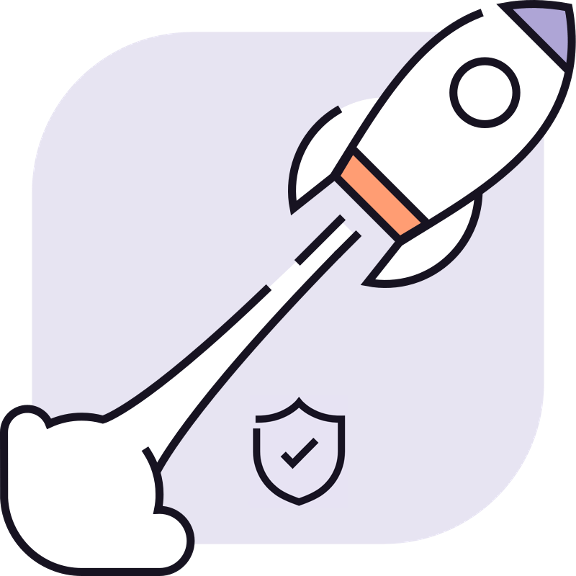
Available on Premium and Ultimate only for SaaS
Although still in beta, new runners delivering up to twice the speed of M1 chips are being implemented for macOS. These large M2 Pro hosted runners are ideal for Apple-focused DevOps teams.
GitLab 17.8 Updates for Gitlab Ultimate
GitLab Ultimate is receiving powerful updates to improve visibility, security, and governance. Epic management becomes more intuitive with enhanced hierarchy features. Users can now view ancestors, parents, and health status of epics. This makes it easier to navigate relationships and monitor progress with visual indicators. For security teams, secret detection now includes remediation steps. These steps provide actionable guidance when secrets are leaked in CI/CD pipelines. Additionally, users now have the ability to enforce workflow rules even within override_ci policies. This ensures that teams retain strict control over CI behavior, regardless of override logic.
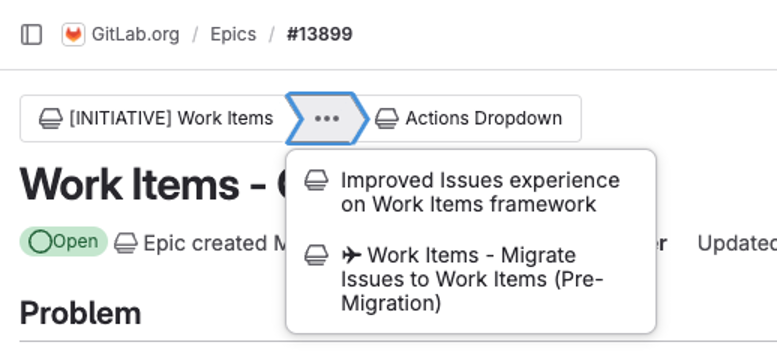

Security workflows are further improved with vulnerability webhooks. These allow external systems to be triggered automatically when a vulnerability is created or updated. Scheduled security scans also benefit from improved management of concurrency. This allows teams to define global scan execution windows to balance performance and coverage. Additionally, users can now trace security fixes more effectively by finding and linking the specific commit that resolved a vulnerability. In CI/CD management, GitLab adds flexibility by making the skip_ci behavior configurable. This offers control over who is permitted to bypass pipeline execution. Finally, GitLab has enabled support for multiple merge request approval rules. Users may define up to five separate approval rules for more sophisticated enforcement of review requirements before code is merged.
Available on GitLab Ultimate Only for SaaS
Users can run their CI/CD jobs on GitLab-hosted runners. GitLab Ultimate now supports hosted runners on Linux for GitLab Dedicated using the Docker Autoscaler executor. These fully managed runners eliminate the need for separate runner infrastructure, providing scalable CI/CD resources.
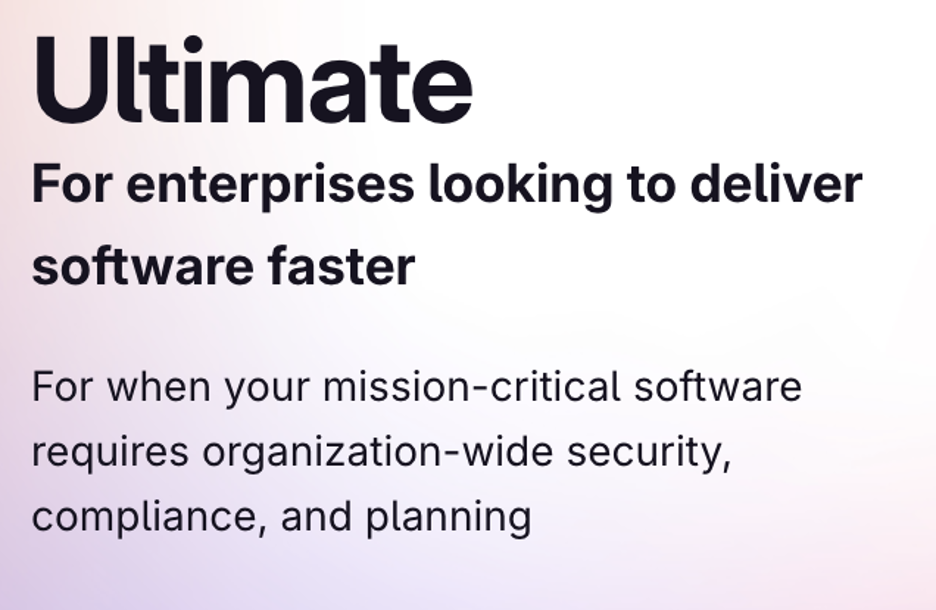
Update to GitLab 17.8.2
GitLab 17.8 is a robust release with immense benefits. From small teams on free tiers to large enterprises on Ultimate, these new capabilities offer something for everyone. It enhances security, compliance, developer experience, and machine learning workflows. Additionally, it provides critical fixes and new controls for CI/CD and project governance. Users should act quickly to upgrade to version 17.8.2 due to an identified CVE vulnerability impacting former versions. Once secure, they can start exploring a wealth of new features tailored for every GitLab user. GitLab continues to evolve as a flexible, end-to-end DevSecOps platform that supports collaborative software development. If you would like more information regarding GitLab, contact our experts.


